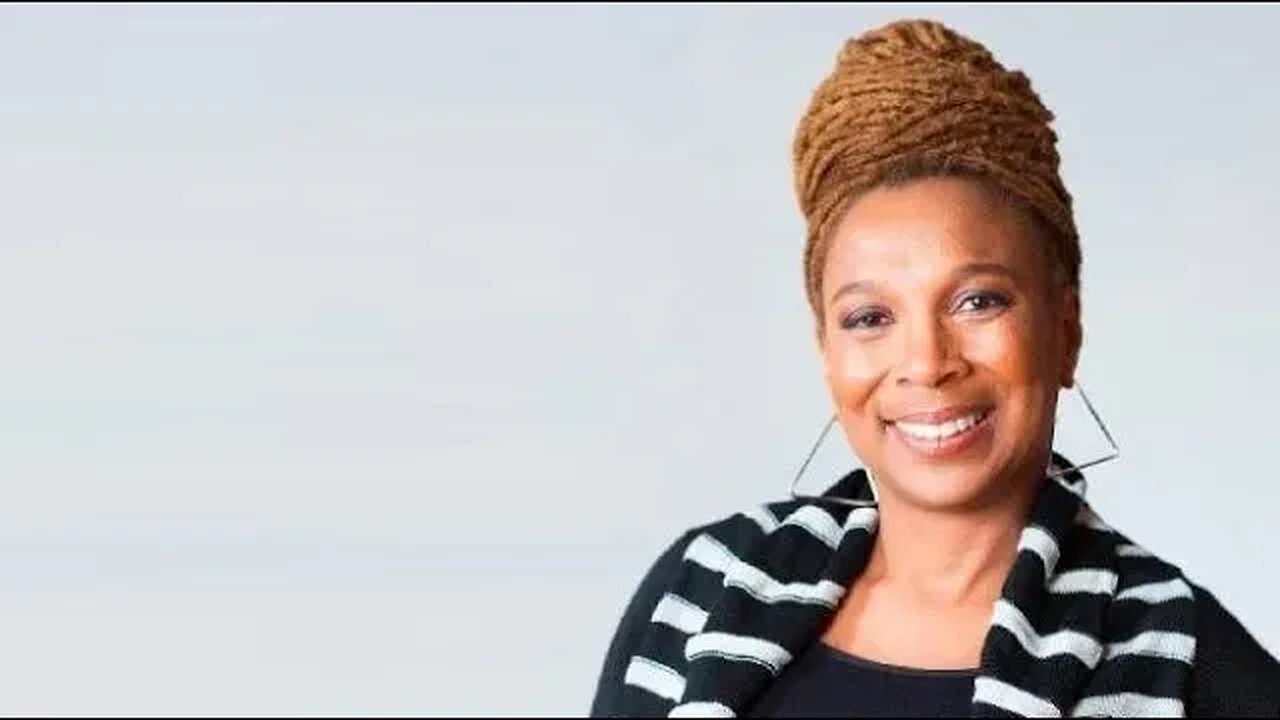Premium Only Content

Demarginalizing the Intersection of Race and Sex: Intro & Section One
Demarginalizing the Intersection of Race and Sex: Intro & Section One
Synopsis of the First Two Sections of Crenshaw's Article
A. The Problem of Intersectionality in Legal Doctrine
In the first section, Kimberlé Crenshaw lays the groundwork for her argument by discussing the limitations of legal doctrine in addressing intersectional discrimination. She cites specific court cases like DeGraffenreid v. General Motors, Moore v. Hughes Helicopters, Inc., and Payne v. Travenol to illustrate how the legal system fails to recognize the unique forms of discrimination faced by black women. In these cases, black women were unable to file discrimination claims that simultaneously considered both race and gender. The courts insisted on treating these categories as mutually exclusive, thereby erasing the unique intersectional experiences of black women. This section serves as an indictment of the legal system's inability to grapple with complex, layered forms of discrimination.
B. The Significance of Doctrinal Treatment of Intersectionality
The second section delves into the broader implications of this doctrinal failure. Crenshaw argues that the marginalization of black women is not just a legal issue but also a problem in feminist and civil rights discourse. Both feminist and antiracist politics have often overlooked black women, either absorbing their experiences into broader categories of women or blacks or marginalizing them as too different for collective action. She critiques the dominant framework of discrimination, which she argues is too narrow and process-oriented, focusing only on explicit disadvantages rather than systemic issues. This narrow focus, she contends, perpetuates the marginalization of black women not just in law but also in social justice movements.
Foreshadowing of Criticisms
While Crenshaw's work has been groundbreaking, it's not without its critics. Scholars like Adolph Reed, Tommy Curry, and Jim Sidanius offer various critiques that challenge the framework of intersectionality.
1. Additive Nature and Double Jeopardy Thesis: Critics might argue that Crenshaw's intersectionality promotes an additive model of discrimination, which doesn't always hold up under empirical scrutiny. The "double jeopardy" thesis, which suggests that black women face twice the oppression, is often not supported by data that explore how oppression actually operates outside the legal sphere.
2. Subordinate Male Target Hypothesis: Jim Sidanius argues that intersectionality fails to account for phenomena like the subordinate male target hypothesis, which suggests that in hierarchical societies, it is often the males of the subordinate group who are the primary targets of violence and discrimination.
3. Anti-Black Misandry: Tommy Curry brings in the concept of anti-black misandry to challenge the notion of black male privilege. He argues that the visibility of black men is not a form of privilege but a form of targeted discrimination, often leading to lethal outcomes. Curry's critique is not aimed at expanding intersectionality but at demonstrating its limitations as an analytical framework for understanding complex social phenomena like anti-black racism and sexism.
4. Empirical Falsification: Both Curry and Sidanius push for a more empirically grounded approach to understanding discrimination, challenging the broad applicability of intersectionality beyond legal cases.
By presenting these criticisms, we can better appreciate the complexities and limitations of intersectionality as a framework for understanding systemic oppression. While Crenshaw's work laid essential foundations for the plight of black women, the discourse has evolved, and these criticisms offer avenues for more nuanced and empirically grounded discussions.
-
 39:06
39:06
Coin Stories with Natalie Brunell
2 days agoJeff Park on Whether the US Add Bitcoin to Its Reserves? | Coin Stories with Natalie Brunell
1103 -
 2:54:07
2:54:07
The Robert Scott Bell Show
18 hours agoRFK Shifts CDC Focus, Dr. Sabine Hazan, Ellen Tart-Jensen, Iridology, Catharine Arnston, Algae Health - The RSB Show 9-3-25
4892 -
 2:45:31
2:45:31
daniellesmithab
1 day agoAlberta Next: Medicine Hat Town Hall
2.45K -
 3:40:01
3:40:01
FreshandFit
8 hours agoEngaged Chick Gets EXPOSED For Having OF
62.7K106 -
 18:54
18:54
GritsGG
14 hours agoIs This SMG the New #1 Close Range Option on Warzone?
7.4K3 -
 2:13:09
2:13:09
Side Scrollers Podcast
19 hours agoDruski/White Face Controversy + Women “Experience Guilt” Gaming + More | Side Scrollers Live
47K5 -
 16:02
16:02
The Pascal Show
14 hours ago $0.37 earned'HE WAS FAKE CRYING!' Witness Says Jake Haro BEGGED FOR HELP Finding Emmanuel Thru Fake Tears
8.52K1 -
 2:21:10
2:21:10
Badlands Media
11 hours agoDevolution Power Hour Ep. 386: Epstein Disclosures, Clinton Foundation, and Trump’s Wartime Authority
206K20 -
 2:07:22
2:07:22
Inverted World Live
12 hours agoGiant Asteroid Skims Past Earth Today | Ep. 102
55.9K10 -
 3:11:00
3:11:00
TimcastIRL
10 hours agoTrump Kills 11 Narco Terrorists, Democrats Warn War With Venezuela Coming | Timcast IRL
195K212